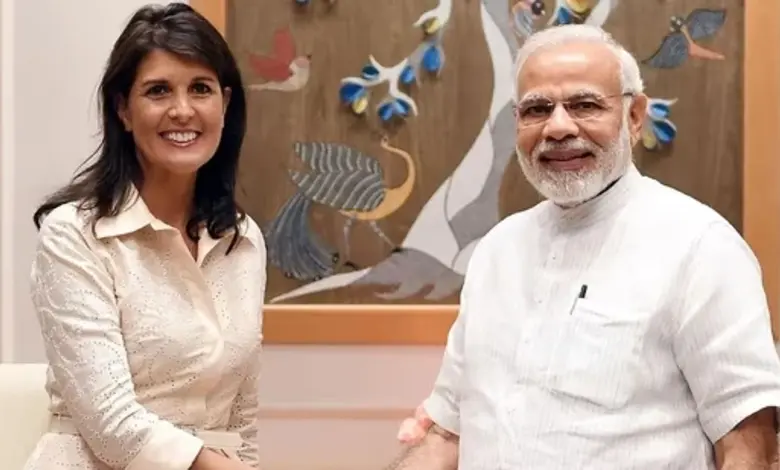Haley Warns Trump: Alienating India Risks Strategic Setback

In a recent Newsweek opinion piece co-authored with Hudson Institute fellow Bill Drexel, former US Ambassador to the United Nations Nikki Haley cautioned the Trump administration against straining ties with India, a key ally in countering China’s influence in Asia. Haley described the potential unraveling of decades-long progress in US-India relations as a “strategic disaster,” emphasizing India’s critical role in America’s regional strategy.
Haley’s remarks come as the US imposes a 25 percent tariff on Indian imports, a move prompted by India’s continued purchase of Russian oil amid the Ukraine conflict. Signed by President Donald Trump on August 6, this tariff adds to an earlier 25 percent duty approved on July 31, escalating trade tensions. The additional levy is set to take effect on August 27, potentially doubling the total tariff burden on Indian goods to 50 percent.
Criticizing the tariff approach, Haley argued that it undermines efforts to strengthen US-India ties, especially when compared to China’s relatively lenient treatment despite its significant Russian oil imports. She highlighted India’s importance as a democratic partner capable of balancing China’s dominance, noting the 2020 Galwan Valley clash as evidence of Beijing’s aggression. Haley urged Trump to engage directly with Indian Prime Minister Narendra Modi to address concerns over Russian oil purchases through dialogue rather than punitive measures.
The tariff escalation follows Trump’s accusations that India, alongside China, fuels Russia’s war efforts through energy purchases. India’s Ministry of External Affairs has called the US tariffs “unjustified and unreasonable,” pointing out that the US itself imports Russian uranium, palladium, fertilizers, and chemicals. Indian officials emphasized that their energy and defense sourcing decisions are driven by national security and market conditions.
As the August 27 deadline approaches, Haley’s warning underscores the need for a balanced approach to preserve the strategic partnership with India, a nation she views as vital for countering China’s growing influence
